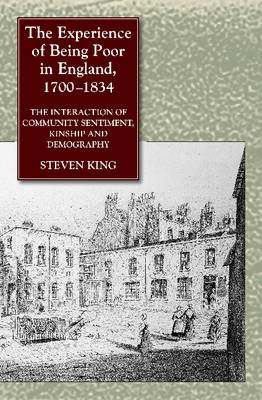At the core of this book are the stories and life-cycles of the poor themselves. Drawing on sources (pauper letters, petitions, vestry minutes, newspaper reporting and accounts) collected over the last twenty years, Steven King poses three key questions: How did the dependent poor experience and talk about such variables as housing, family, medical care, or the makeshift economy? How were such experiences related to situational matters such as ethnicity, belonging, kinship, family size and structure, and the relative wealth or poverty of the communities in which they found themselves? And to what extent did the poor themselves have agency in the poor law systems with which they engaged? While practice and experience varied markedly within and between areas and between rural and urban contexts, the author suggests that paupers under the mature Old Poor Law had gained considerable agency in their dealings with officials. They learnt to navigate rules and systems of entitlement, became expert at rhetoricising their stories and problems, and adopted the same linguistic platform as the overseers with whom they engaged. Such strategies, it is argued, means that it is necessary to look beyond the scandals, penny-pinching and negative sentiments of particularly well-documented parishes and adopt a much more complex view of the intent, sentiment and outcomes of the Old Poor Law.
- ISBN10 1845194330
- ISBN13 9781845194338
- Publish Date 31 May 2022
- Publish Status Cancelled
- Publish Country GB
- Imprint Sussex Academic Press
- Format Hardcover
- Pages 320
- Language English
